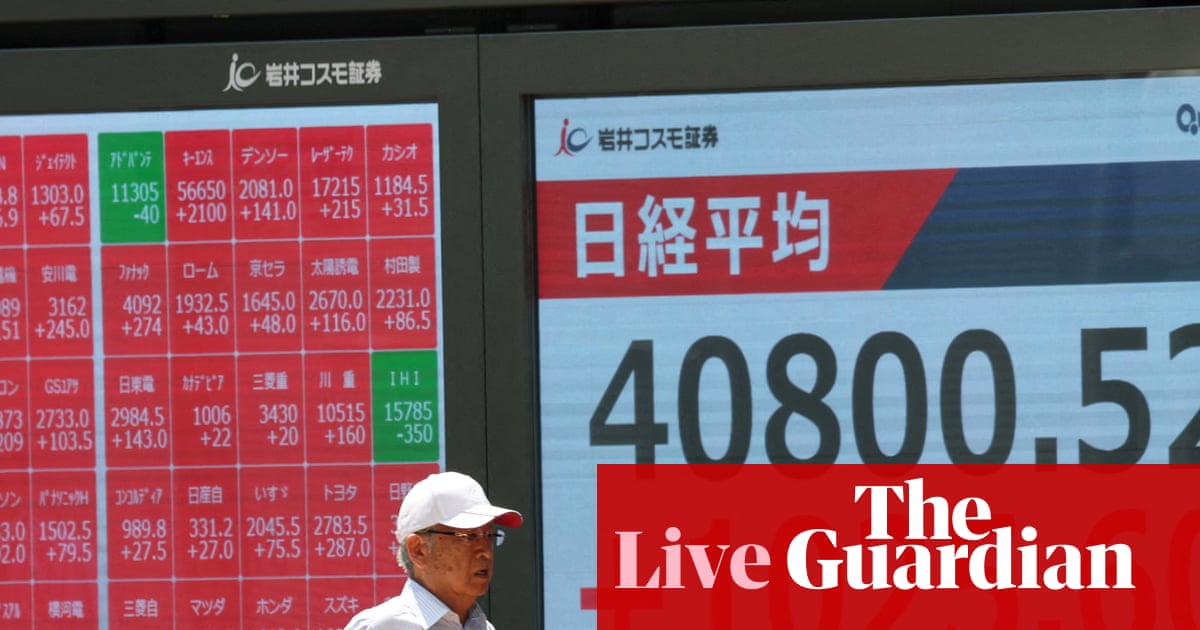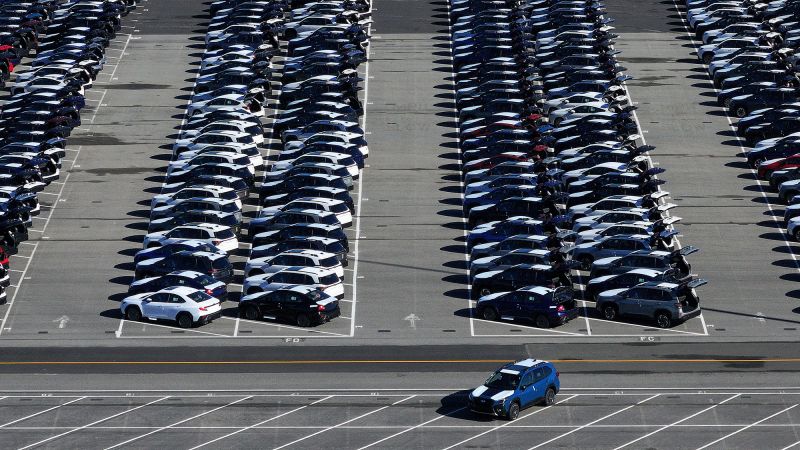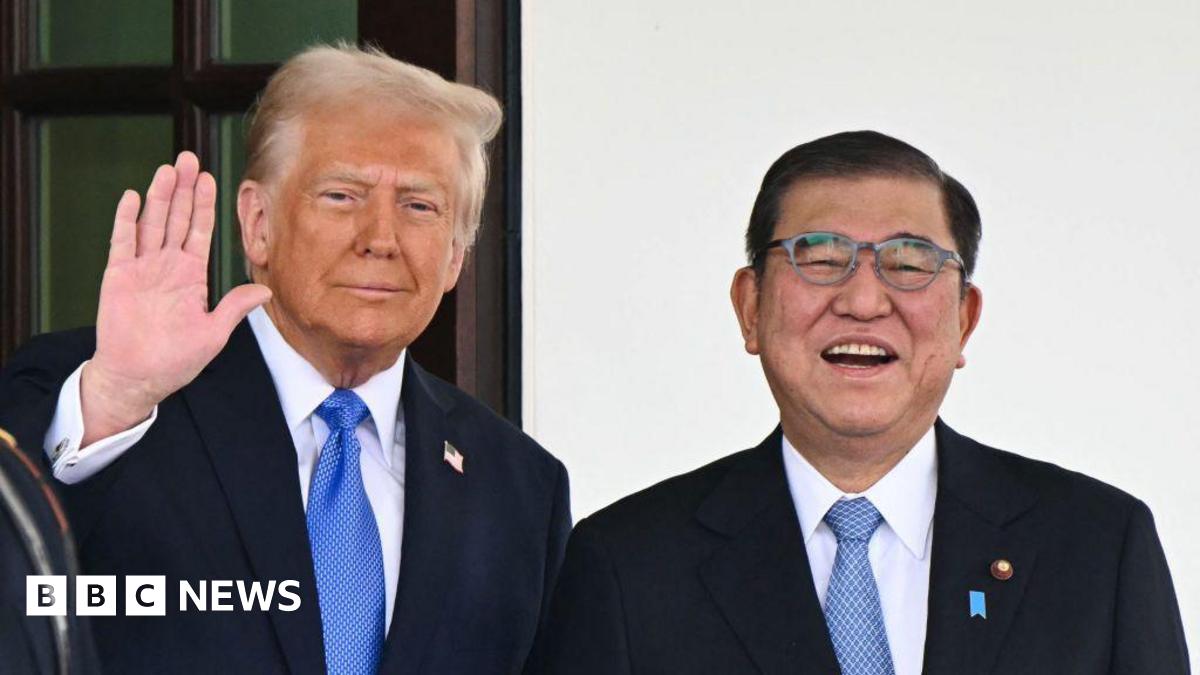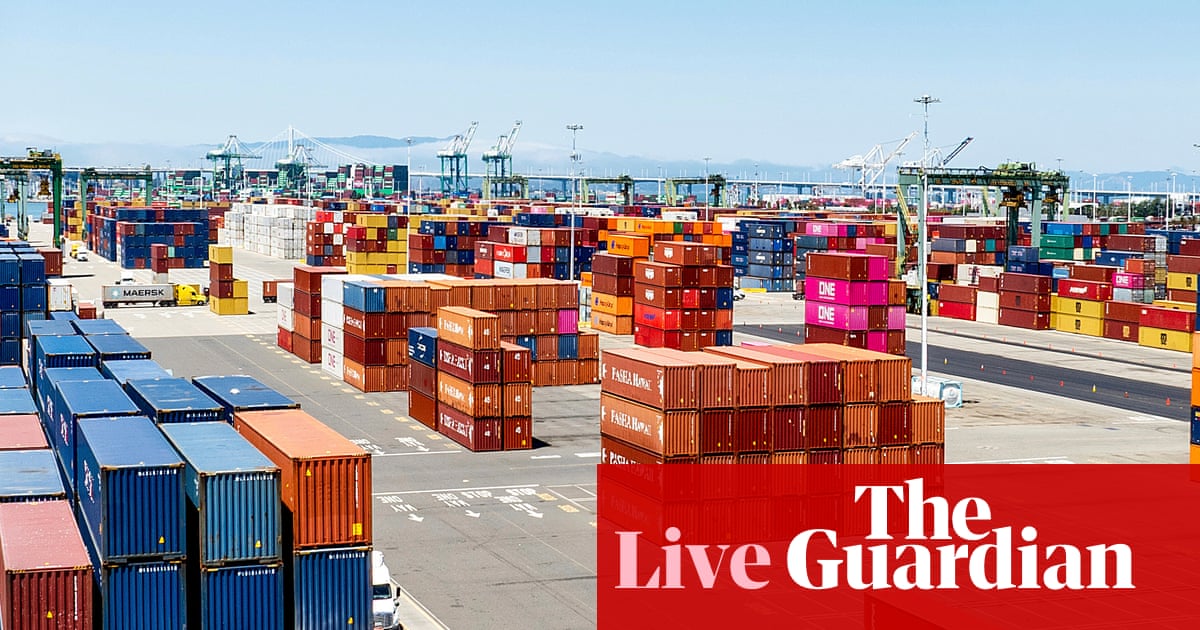T4K3.news
Japan opens market to US cars under new trade agreement
The US and Japan have reached a trade deal that allows increased vehicle imports, but challenges remain.

American cars face significant challenges in the Japanese market despite a new trade agreement.
Japan resists American cars despite new trade deal
The recent trade deal between the United States and Japan, announced by President Donald Trump, aims to open Japan's market to U.S. vehicles. Trump highlighted this agreement as a turning point, stating, "Japan will open their country to trade including cars and trucks." However, the reality for U.S. manufacturers is far from straightforward. Japanese consumers still perceive American cars, particularly models like the Ford F-150, as oversized and lacking in reliability. In 2024, Japan imported only 16,707 American vehicles compared to over 250,000 European cars, revealing a stark preference for smaller, domestic options. Experts suggest that poor marketing strategies and a focus on inappropriate models for the Japanese market limit U.S. sales. Japanese drivers also favor kei cars, compact vehicles well suited to the country’s narrow roads. Despite tariffs on Japanese exports increasing, U.S. manufacturers appear to face greater resistance from consumer perceptions than from trade barriers.
Key Takeaways
"Going back to the days when we first came across US cars like Cadillacs, they’re seen as having terrible fuel efficiency and breaking down easily."
This quote illustrates the longstanding negative perception of American cars among Japanese consumers.
"They don’t really do any marketing, and often don’t even offer right-hand drive models."
This highlights the lack of effort from US manufacturers to adapt their offerings for the Japanese market.
"The biggest sellers in Japan have long been kei cars, which top sales rankings for decades."
This emphasizes the cultural preference in Japan for compact vehicles over large American pickups.
"Japanese manufacturers will now face 15% tariffs on their exports to the US, the highest levy in decades."
This reflects the pressure on Japanese companies amid shifting trade dynamics.
This trade deal marks an important moment, yet it underscores a complex reality for American car manufacturers. The recent figures suggest a significant challenge: Japanese consumers have a long-standing preference for smaller, fuel-efficient vehicles. This consumer behavior is difficult to shift, regardless of tariff negotiations. While U.S. automakers may find new opportunities, the image of American cars lags behind, suggesting that strategic marketing and product adaptation will be crucial for success. If U.S. brands aim to penetrate the Japanese market, they must not only address perceptions but also consider vehicle size and reliability as key factors driving consumer choices.
Highlights
- American cars are seen as oversized and unreliable in Japan.
- Japanese drivers favor small cars over gas-guzzlers.
- Perceptions of U.S. vehicles are hard to change.
- Tariffs may not alter consumer tastes in Japan.
Potential backlash and market resistance for US cars
Despite the trade deal, cultural preferences and perceptions pose serious challenges for American car sales in Japan. Japanese consumers may resist larger, less efficient vehicles regardless of tariff reductions, impacting investor expectations.
Future developments may see U.S. manufacturers catering more to Japanese tastes.
Enjoyed this? Let your friends know!
Related News

Markets rise after Trump tariff agreement with Japan

FTSE 100 hits record high following US-Japan trade deal

Trump secures trade agreements amid tariff increases

Trump announces significant US-Japan trade agreement

Trump announces trade deal with Japan

Supreme Court overturns convictions of two City traders

US and Japan finalize major trade deal

New tariffs implemented by Trump on 92 countries
